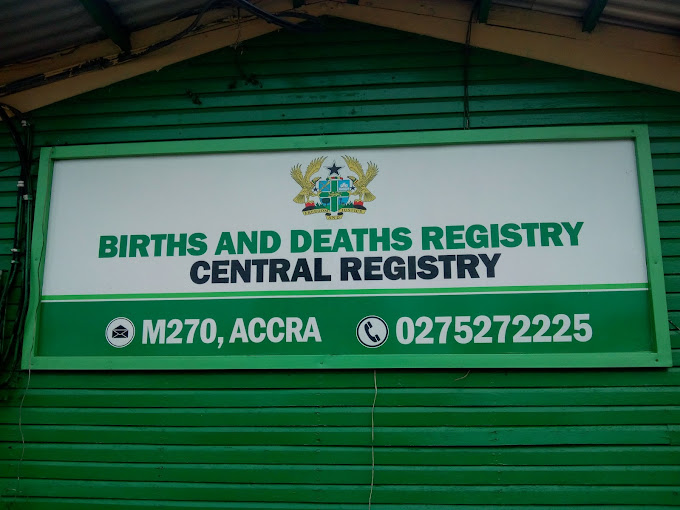The Ministry of Health has placed the blame for Ghana’s growing number of unemployed health professionals on private training institutions, accusing them of exceeding government-approved admission quotas and flooding the sector with graduates the public system cannot absorb.
In an interview on Citi FM on Thursday, 29 May, the Ministry’s spokesperson, Mr Tony Goodman, said the Ministry is grappling with a backlog of nearly 100,000 trained professionals — including nurses, pharmacists, and environmental health officers — most of whom have been jobless since completing their training between 2021 and 2024.
“These schools often exceed the numbers we plan for, and later expect the Ministry to employ all their graduates,” Mr Goodman said. “We train based on national and regional needs, but private institutions tend to admit based on their own interests, and that creates pressure on the system.”
According to the Ministry, while public training institutions operate under strict quota systems aligned with national health workforce planning, many private colleges do not. This disconnect has led to a surplus of qualified but unemployed professionals, with limited room in the public sector for immediate absorption.
Mr Goodman added that financial constraints compound the issue. “Even if the funds were available, we cannot recruit everyone at once. Salaries must be balanced with investments in infrastructure, such as building and equipping hospitals.”
Talks are ongoing with the Ministry of Finance to secure the necessary financial clearance for phased recruitment. However, Goodman was clear: “The scale of this backlog is not something we can fix overnight.”
To partially ease the burden, the Ministry is exploring international placement opportunities. Structured migration agreements are in place with countries including the UK, US, Jamaica, and Barbados to allow trained health workers to take up jobs abroad.
Still, Goodman insists that long-term solutions lie in better coordination and tighter regulation of private training institutions. “There has to be a national approach. If private institutions keep training thousands more than the system can take, this challenge will persist.”
The warning comes as the World Health Organization has flagged Ghana as one of 36 African countries unlikely to meet the 2030 universal health coverage target, largely due to shortages of health workers in rural and underserved areas.
Mr Goodman reaffirmed the Ministry’s commitment to recruitment “within the limits of what the system can support,” stressing that health worker deployment must go hand-in-hand with adequate logistics and working conditions to be effective.
















